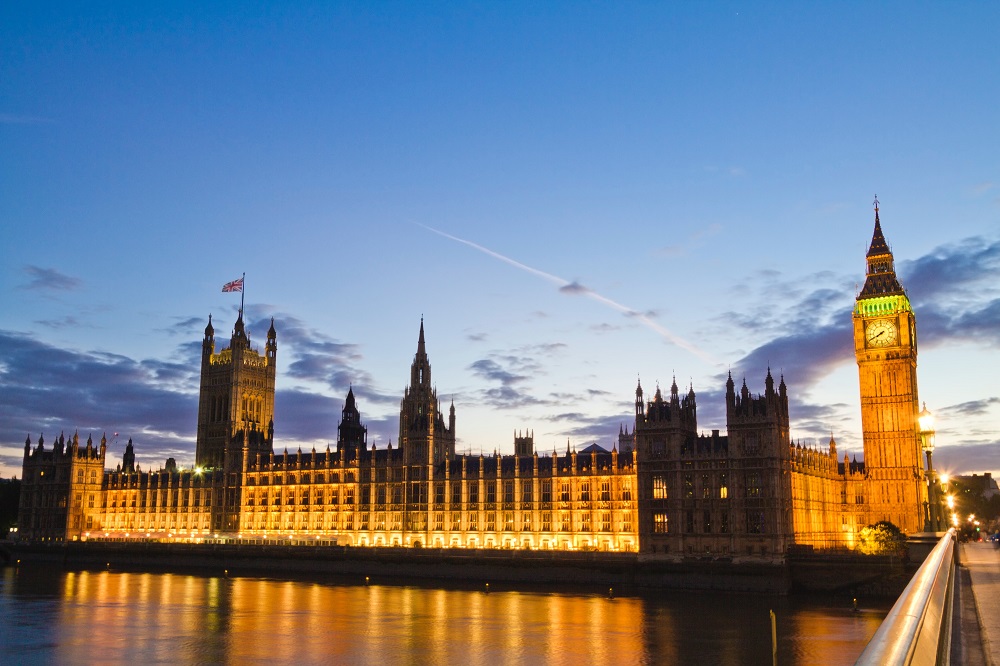Spotlight on the Relationships Project
April 19 2021 Samuel Firman

Relationships shape every part of our lives, from the places we live and work to the places we socialise and seek help. The quality of our relationships matters.
Although most people would agree with these statements, in practice good relationships are often relegated beneath other priorities – seen as ‘nice to haves’ rather than as essential ingredients for good outcomes.
At The Relationships Project we believe relationships are the latter. When relationships are nurtured, valued and prioritised, people are happier and healthier, communities are stronger and more resilient, and businesses are more successful and efficient.
This is why The Relationship Project’s mission is to make it easier for every organisation, service and place to put relationships at the heart of what they do.
…
The pandemic has shone a stark light on the value of our relationships, which have been ended, magnified, suspended and otherwise transformed as life has changed. As we tentatively emerge from what we hope is the worst of the crisis, we enter a critical period, or ‘out turn’, of recuperation and possible renewal.
The significance of this moment was the impetus behind Turning to the Light, a report we published at the end of March. Maybe ‘report’ isn’t the right word, for Turning to the Light presents no policy prescriptions and cites no academic literature.
It offers instead a series of reflections, tools and invitations rooted in one year of listening and conversations as part of the Relationships Observatory, a highly collaborative space for exploring how Covid is impacting our relationships.
Turning to the Light is a good entry point into The Relationship Project’s work, which has developed organically through projects spanning different contexts but united by a core belief in strong relationships.
After all, ‘improving relationships’ is a shapeshifting, multi-faceted mission. Far from lending itself to neat audience segmentation, it feels relevant in lots of places. Many will recognise it in their own work. We therefore hope our work contains something useful for a diverse cast of people interested in improving relationships in their place, from council officials through business owners, teachers, community organisers and beyond.
…
By way of mapping out possible points of interest and connection, below we extend the five invitations contained in Turning to the Light. They all encourage you to follow links to tools or resources. Beyond this, to join the conversation and stay tuned as any of the invitations move forwards, simply email us at hello@relationshipsproject.org. We look forward to meeting you.
Our first invitation is to take stock. What have we learned about relationships during lockdown? Earlier in the pandemic we published The Spirit of Lockdown: a story-making tool for reflecting on just this question. We would love to read your own lockdown story and learnings.
More recently, along with Turning to the Light, we were delighted to unveil the Relationships Heatmap: a diagnostic tool that will help you build stronger, more impactful relationships by identifying the strengths and areas for improvement in your approach. Anybody in any place can use the Heatmap to take stock of and improve how they build relationships, as well as sharing and contrasting their results with others in that place.
Our second invitation is to help evolve the care: to sustain but not co-opt the volunteering that has flowered during the pandemic. This invitation speaks directly to Mobilising UK Voluntary Action’s second research question, about how we can sustain this unprecedented activity beyond the pandemic.
The Active Neighbours Field Guide draws on a series of Covid volunteers’ stories – including the factors shaping their desire and ability to contribute and what is needed to support and encourage them to continue – in developing five Active Neighbour groups, or personas. We invite you to help us find pathways forward for these groups: to make and test practical resources, and develop a peer-support programme to learn and grow together.
Our third invitation, linked to The Bridge Builder’s Handbook, is to build bridges between communities. Ensuring difference is a strength is a vital task. The pandemic has fostered cooperation but also tension and division. We invite you to help develop practical resources and peer support for Bridge Builders across the country.
Our fourth invitation, attached to the Kit for Councils, is aimed at anybody involved or interested in local government, which has a crucial role to play in sustaining volunteering and wider community relationships. The Kit includes a Relationships Framework outlining nine principles to guide relationship-centred governance, a Relationships Navigator tool to help councils identify areas for improvement and The Framework in Action: a database of examples showing councils already using the Framework principles to improve relationships.
We warmly invite you to help grow this ecology of good practice by adding more examples of councils implementing the Framework, exploring ideas for practical support for councils and testing, applying and refining the Framework.
Our fifth and final invitation is to help ignite connections within the relationships ‘field’: the diverse and growing constellation of organisations who see good relationships as crucial to change. We would love you to join us and other kindred spirits in pursuing a programme of experiments aimed at strengthening collaboration and ties – without falling prey to hierarchical ownership – within this emerging field.
…
These invitations are some of the ways we might connect. But we are always eager to receive comments, ideas, questions or critiques on any of our work – or indeed anything else relevant to relationships. Say hello at any time at hello@relationshipsproject.org, or on Twitter at @Rships_Project.





